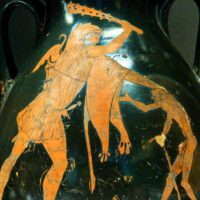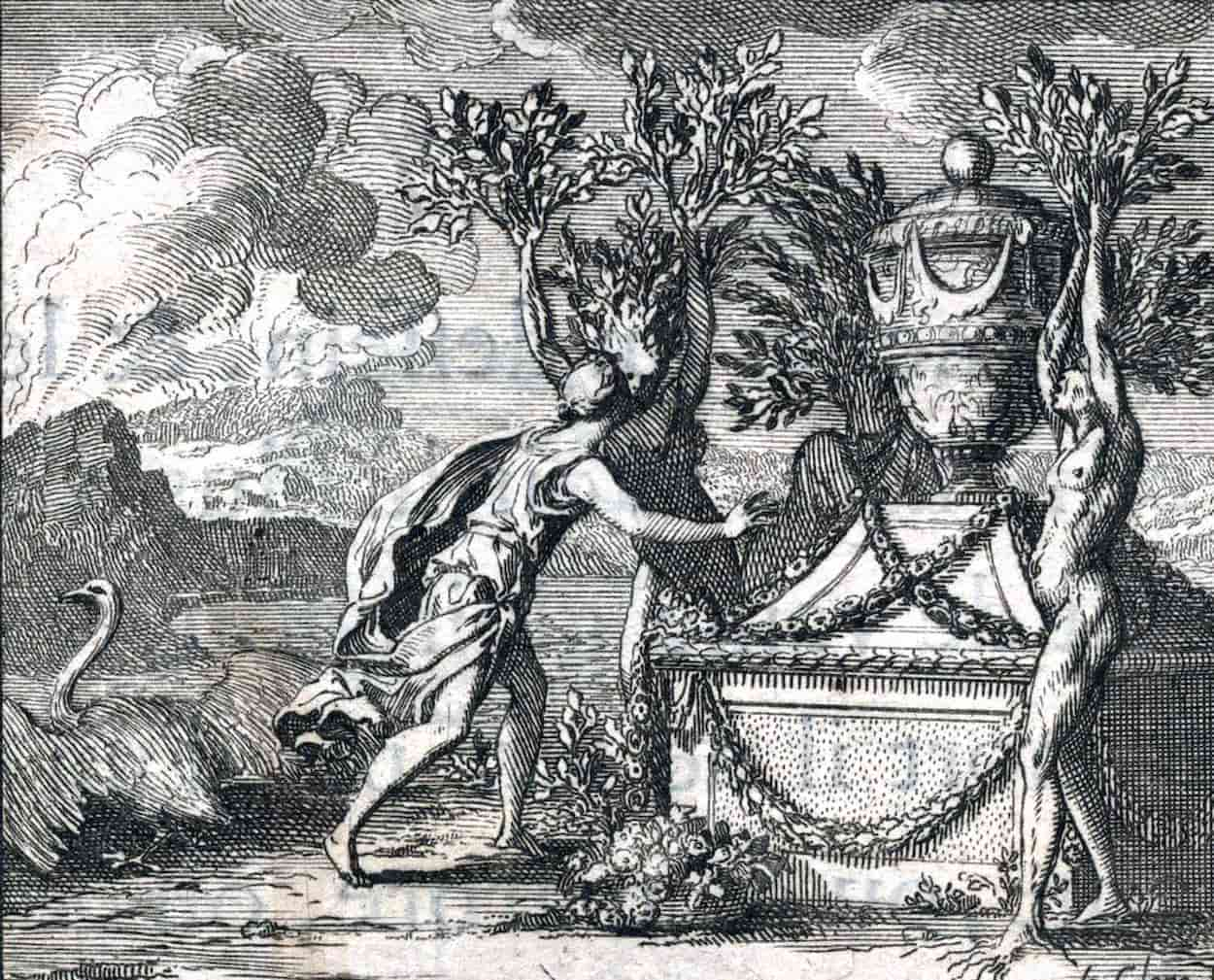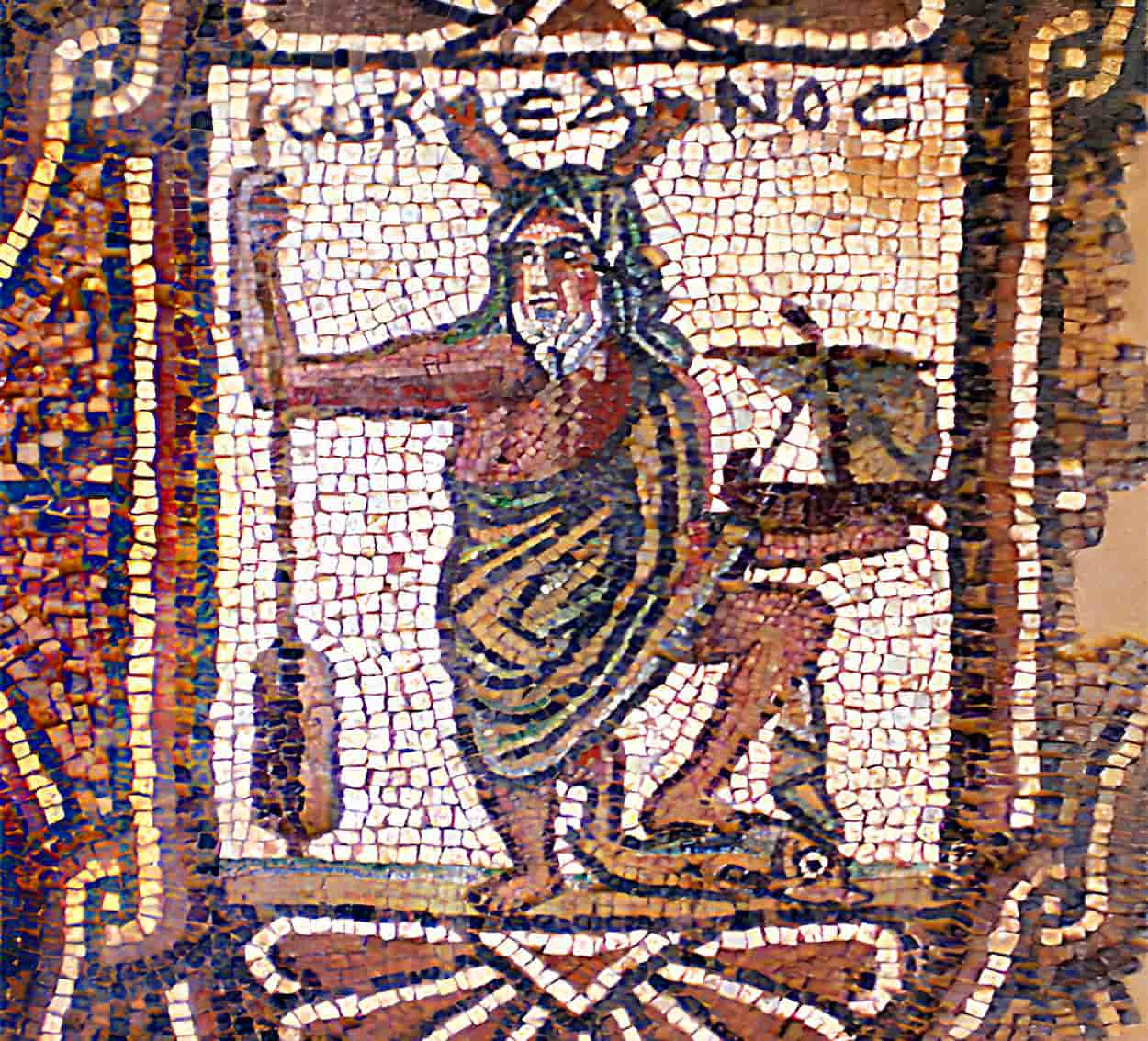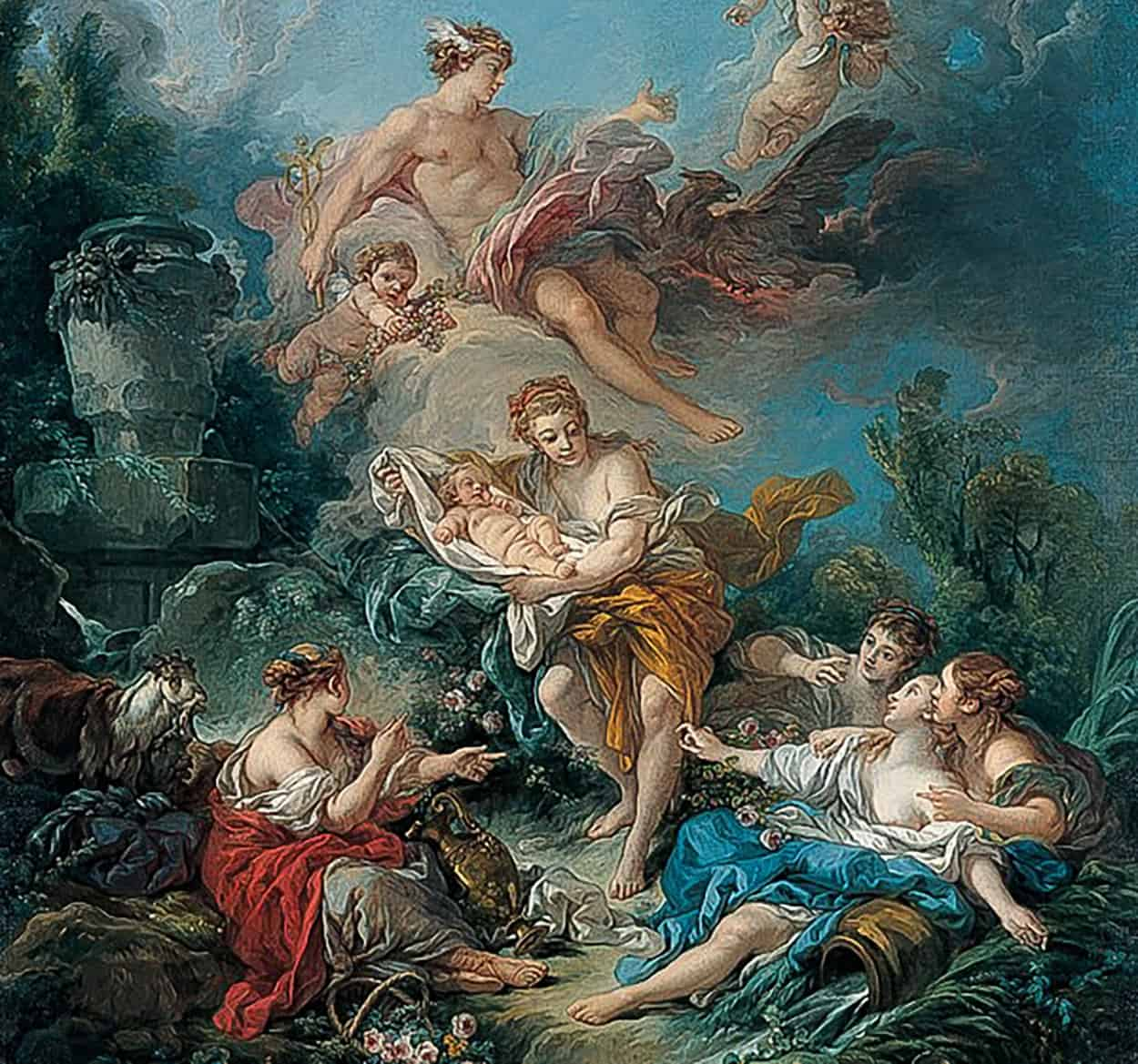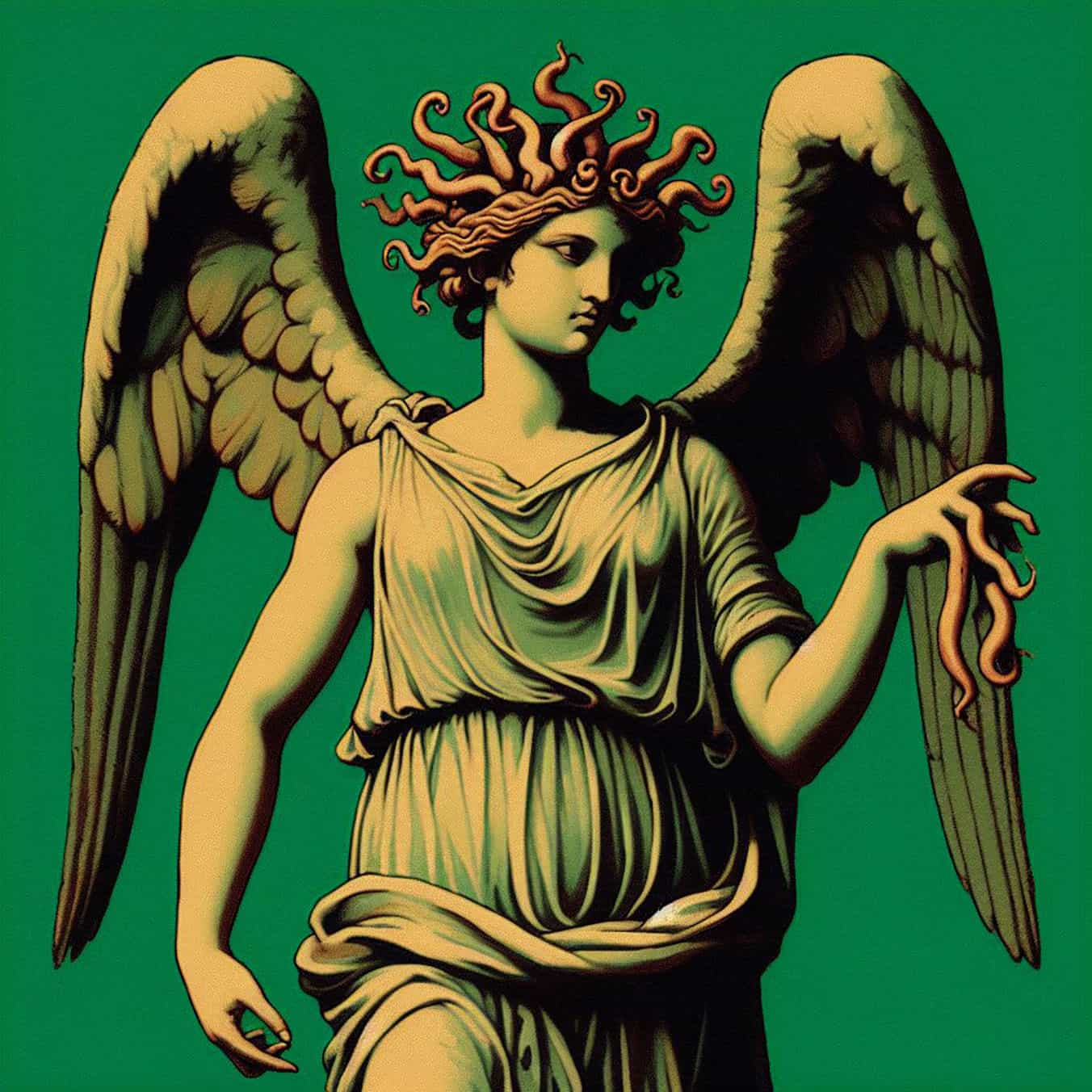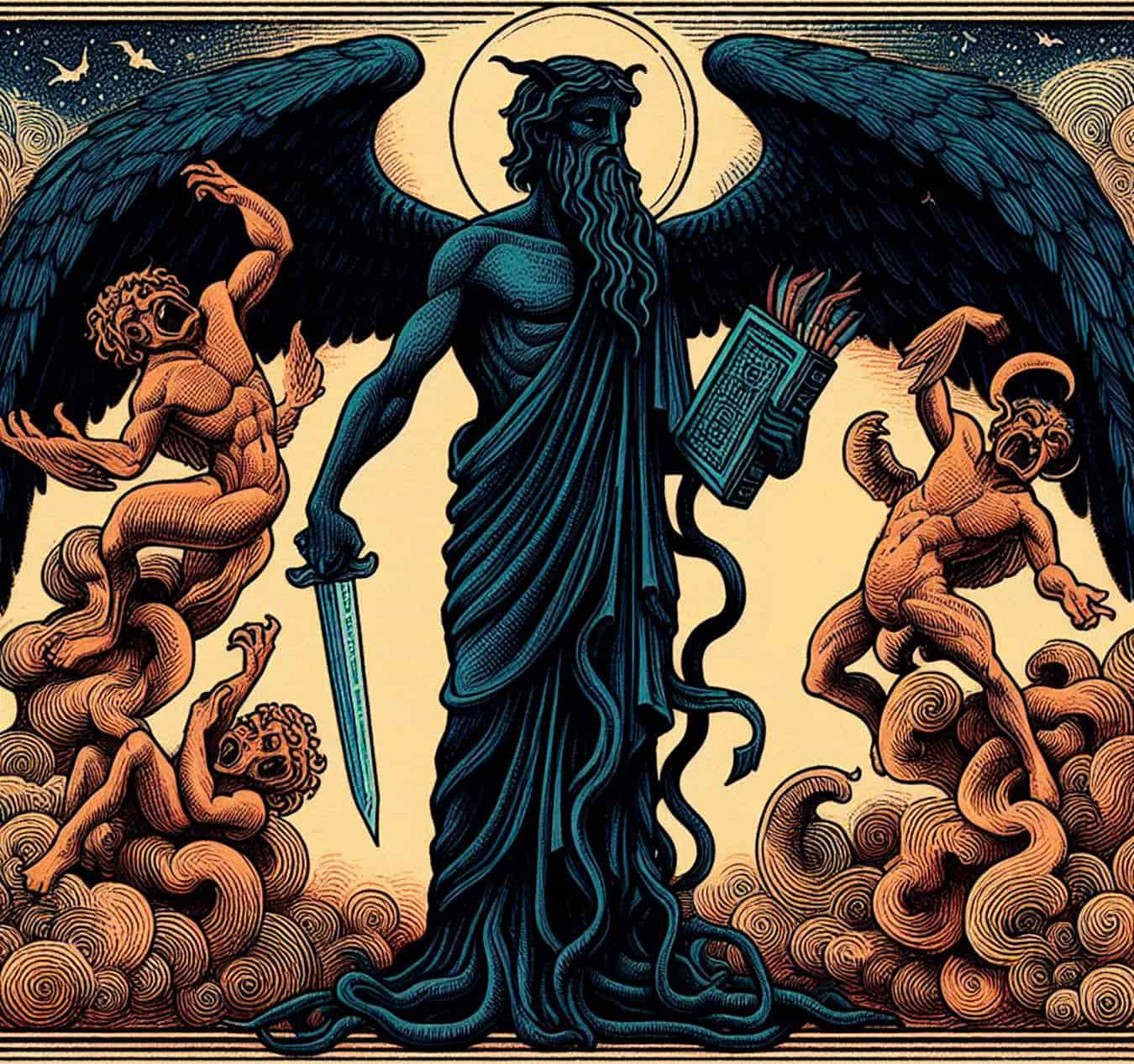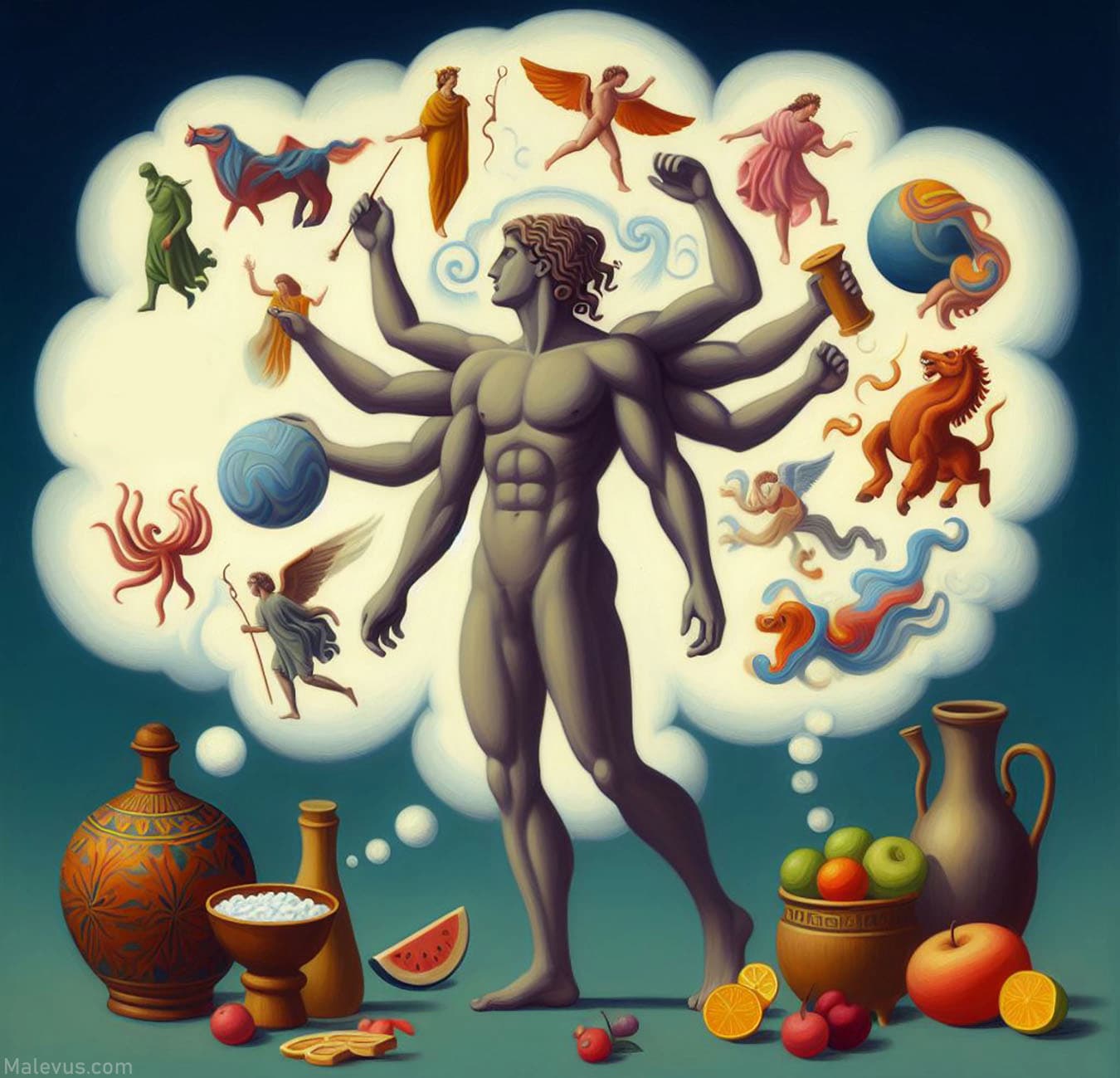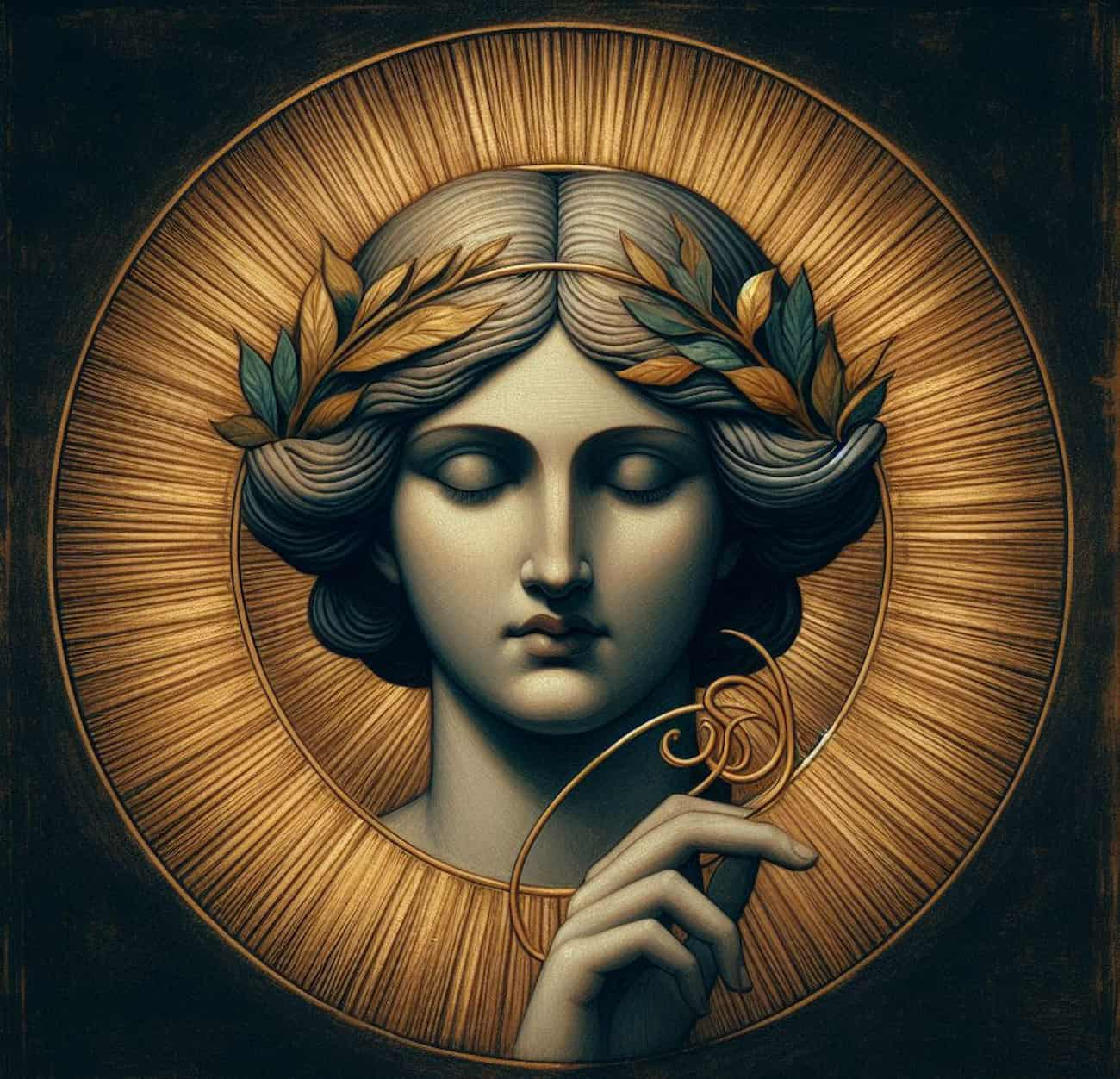In Greek mythology, Oizys (Ancient Greek: Ὀϊζύς) is the goddess of misery, anxiety, sorrow, and depression. Her Roman name is Miseria, from which the word misery originates.
She was a relatively insignificant deity, not associated with grand-scale worship events, but rather the primordial goddess of misery and depression.
Origin
Oizys’ parents were two primordial deities: Nyx, the goddess of night, and Erebus, the god of dense darkness. She was the twin sister of Momus, the god of mockery.
Additionally, she was the younger sister of Hemera, the Greek personification of the day.
However, the ancient Greek poet Hesiod believed that her mother was the goddess of the night, Nyx, who gave birth to Oizys without a father. In contrast, the ancient Roman writer Gaius Julius Hyginus and the philosopher Cicero considered her father to be the god of darkness, Erebus.
Hesiod’s Account
Nyx gave birth to the Fates (powers that determine human life), the black Keres (goddesses of violent death), and also gave birth to Hypnos (the god of sleep) and the tribe of dreams. Night, gloomy as she is, bore them without lying with any of them. Later, Night gave birth to Momus (the god of mockery) and the sorrowful Oizys, as well as the Hesperides (nymphs) who, besides the renowned Ocean, tend to the golden beautiful apples and the trees that bear fruit.
She also gave birth to the Fates and the Keres, relentless punishers who chase and punish transgressors against gods and humans, and their wrath does not cease until they impose severe punishment on whoever, whoever it may be, has sinned.
The stern Night also gave birth to Nemesis (goddess of retribution), the bane of mortal human misfortune, and then Deceit (goddess of deception) and Philotes (goddess of friendship), and the accursed Old Age and Eris (goddess of strife) the implacable.







